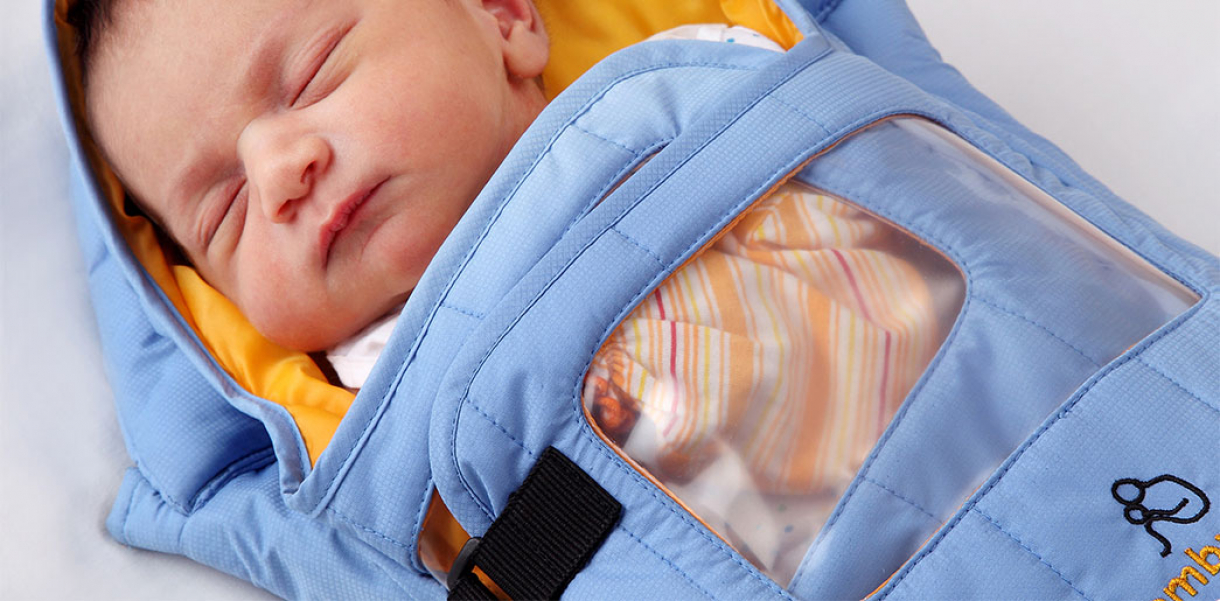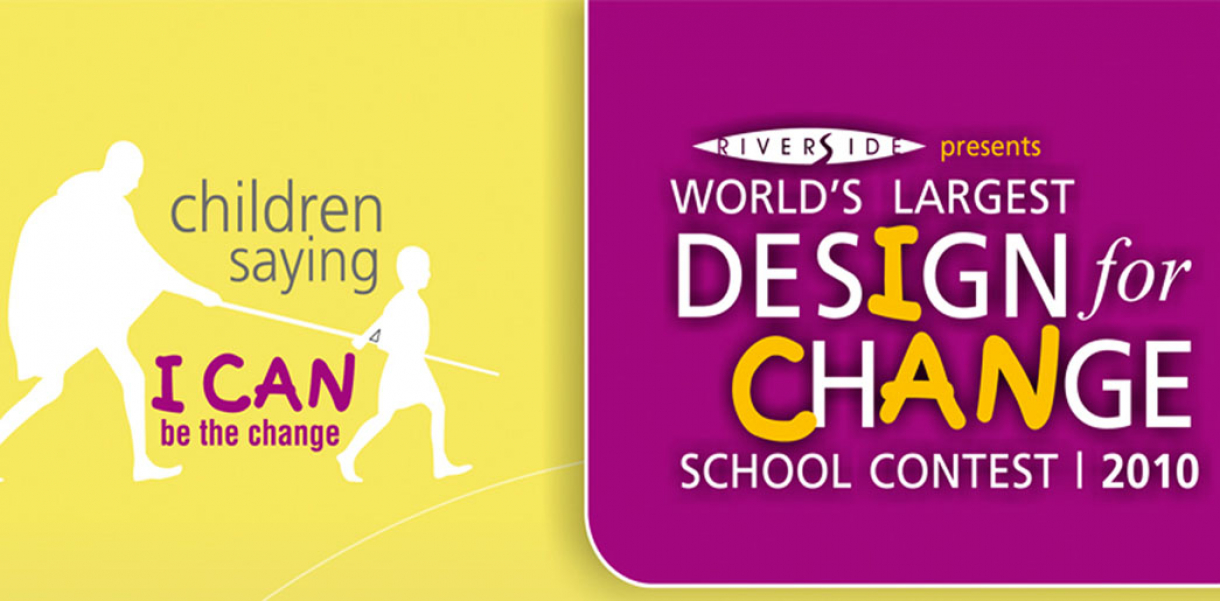“The whole program for a child to get a pair of glasses - with the eye exam, the making of custom lenses, custom frames, the assembly, putting in a carrying box and shipping to the child cost only $10. So it is pretty obvious for the Mexican government to invest that little in their student population”, says Yves Behar.
The design aims to provide a solution for children of families that cannot afford the cost of eye care, so VerBien’s See Better to Learn Better administers a free eye exam in schools, after which students pick their own frames. The glasses are then produced locally and delivered to the schools. Over 100,000 glasses have already been distributed throughout Mexico, and 400.000 glasses are expected to be delivered every year in the future.
What is the problem?
Actually, the percentage of children currently in need of glasses can be as high as 50 percent in some states in Mexico, and about 11 percent are not learning at all, simply because they cannot see. Studies conclude that one of the major reasons for a shift or drop in academic performance in school children is change in their eyes. However, even with the high percentage of children in need of glasses, it does not change the notion that wearing glasses is seen as a handicap, and social stigma adds to the general resistance to correct the problem.
"What happened was that the Mexican government learned that 11 percent of kids in Mexican schools cannot see, and therefore they cannot learn”, Behar explains. “So basically, we wanted to continue to try and solve the problem of educating kids in the developing world, just as we did with the $100Laptop."
“The See Better to Learn Better (VerBien) design is in many ways a perfect example of how design processes can help address a very real global challenge: Access to Education! By bringing together people from a wide range of disciplines; public policy, business, education and design, the design team in collaboration with Mexican manufacturer Augen, succeeded in creating a product that takes all aspects into consideration, and was therefore able to create a great holistic solution. Furthermore, by bringing the attention and approach that we normally only see in luxury products, the solution is a personalized fashion item, accessible to a broader population – disadvantaged kids – that actually want to use the design!”, says the INDEX: Jury
Is wearing glasses a handicap?
More than 1 billion people in the world need eyeglasses but do not get them. Visual impairment is more than just a health problem; it has economic, educational, and public safety implications. Giving school children glasses is a quick and simple way to dramatically affect the scholastic world of Mexico. However, even with the high percentage of children in need of glasses, wearing lenses is still looked at as a handicap. “Kids do not want to wear glasses, because wearing glasses is considered a handicap, so the Mexican government thought that maybe design could help them solve that problem," says Behar. And this social stigma adds to the resistanceto correct the problem: In order to break these stereotypes, these children need a product designed for their specific needs, life and environment - a relevant product that has the power to revolutionize attitudes in Mexico and reach children in need.
The director sat on the glasses
See Better to Learn Better (VerBien) is a series of friendly, stylish and customizable eyeglasses specifically for school children. They are comprised of a two-part frame construction with different options for top and bottom colors that can be mixed and matched to fit all children’s personal choices. The glasses can be adjusted in the field in order to update prescriptions easily, and the interchangeable nose pads let children with different sized faces wear the glasses comfortably. The designers used an engineering plastic with a hyper-flexible property to make the glasses practically indestructible and thus perfect for a child’s constantly changing needs. “The first thing the director of the board of the Mexican non-profit organization involved in commissioning us did, was to take the prototype glasses and put them on his hard chair and sit on them, just to see if they were as durable and robust as they needed to be”, Yves Behar laughs.
To put the control fully into the hands of the users, a comprehensive catalogue that illustrates the seven colors, five shapes and three sizes in an easy to understand manner is published. Kids can easily flip between colors and frames, mixing and matching until they are satisfied with their choice.
Improving lives and generating success
By designing a series of eyewear that is specifically tailored to the needs of school children, the See Better to Learn Better (VerBien) design is improving lives for hundreds of thousands of people for years to come. In letting students see better, the designers are allowing them to succeed in school, which will improve their prospects of succeeding in life. Access to education is one of the most important change drivers in the world and without corrective eyewear, learning the skills that will ensure children that they can live up to their full potential becomes impossible. In that context, the See Better to Learn Better (VerBien) design should be seen as a tool for social change. “As people, we are very lucky to have this platform of design that everyone can relate to. Let us use this platform of design to create massive change," Behar encourages.
All states of Mexico are currently expected to receive 400.000 glasses a year and an extension of the program is now starting in the San Francisco Bay Area. Called “See Well to Learn”, the US program aims to address students’ access to eyewear closer to home, and it recently received a generous donation from San Francisco philanthropic organization Tipping Point.
Designed by
Yves Behar, Josh Morenstein, Pichaya Puttorngul, Isabelle Olsson, Matthew Swinton,
Matthew Malone & Jenny Olson
Website
www.fuseproject.com/products-45






